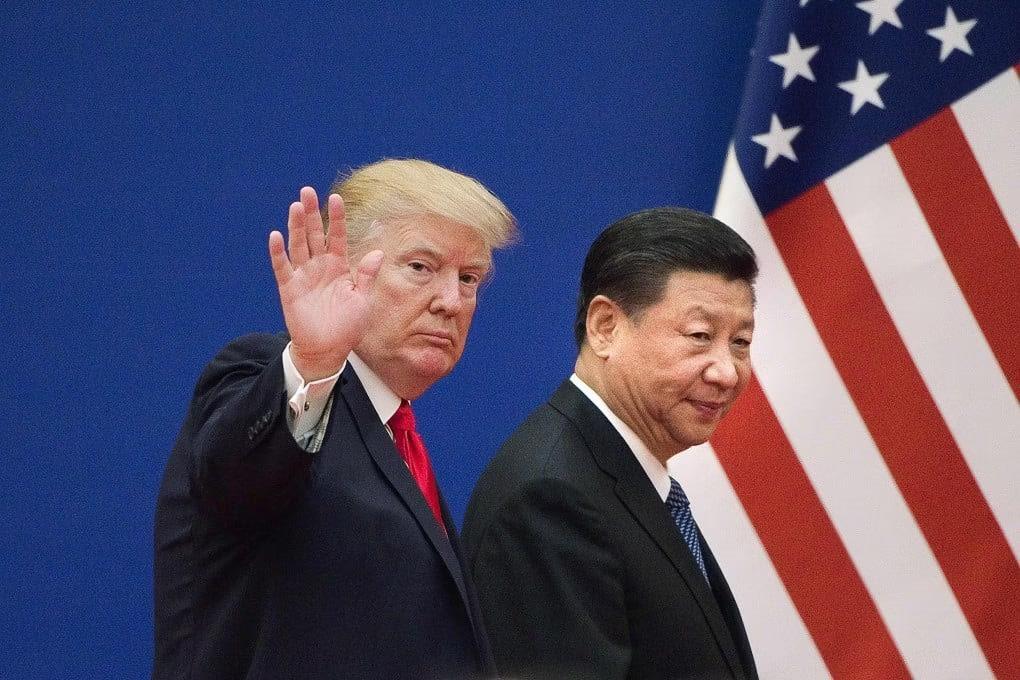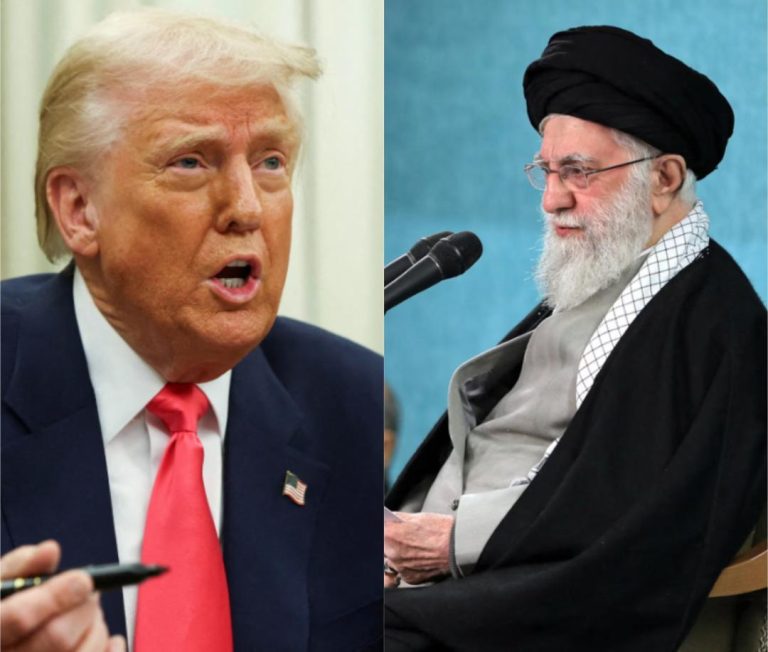
China Shifts Trade War Strategy to Outlast US Pressure
The ongoing trade war between the United States and China has recently taken a new turn, with China adopting a strategy to outlast the pressure rather than trying to win it. According to Daniel Russel, a former US diplomat, China’s new approach is aimed at withstanding the tariffs imposed by the US, rather than attempting to defeat them.
The tariffs imposed by both the US and China have reached record levels, with the US imposing tariffs of 145% on certain goods, and China imposing tariffs of 125% on US imports. This has led to a significant increase in tensions between the two countries, with many analysts warning of long-term damage to global trade.
China’s new strategy is centered around diplomatic outreach in Southeast Asia, where the country is seeking to strengthen its relationships with regional countries. This move is seen as an attempt to reduce its dependence on the US market and to find new trade partners.
The US, on the other hand, is pursuing a more flexible approach to trade, with the aim of bypassing formal deals and negotiating individual agreements with over 70 countries. This approach is seen as a way for the US to maintain its influence in global trade while also avoiding the complexities and challenges associated with multilateral agreements.
The shift in China’s strategy is seen as a response to the changing dynamics of the trade war, with China recognizing that it is unlikely to win a outright victory. Instead, the country is focusing on outlasting the US pressure and finding ways to adapt to the new trade landscape.
The impact of the trade war on global trade is still uncertain, with many analysts warning of long-term damage to the global economy. The tariffs imposed by both countries have already led to a significant decline in trade between the two nations, with the US-China trade deficit falling by over 20% in the first half of the year.
The consequences of the trade war are not limited to the US and China alone, with many other countries also feeling the impact. The tariffs imposed by the US have led to a significant increase in costs for many companies, with some companies choosing to relocate production facilities to other countries to avoid the tariffs.
The trade war has also led to a decline in global trade, with the World Trade Organization (WTO) reporting a decline in global trade of over 1% in the first half of the year. The decline in global trade is seen as a major concern, with many analysts warning of long-term damage to the global economy.
In conclusion, the shift in China’s strategy to outlast the US pressure in the trade war is a significant development that has major implications for global trade. The trade war is likely to have long-term consequences for the global economy, with many analysts warning of damage to global trade and the economy.
As the trade war continues to unfold, it is likely that we will see further developments in the coming months. The impact of the trade war on global trade is still uncertain, but one thing is clear: the world is facing a major shift in the global economy.






